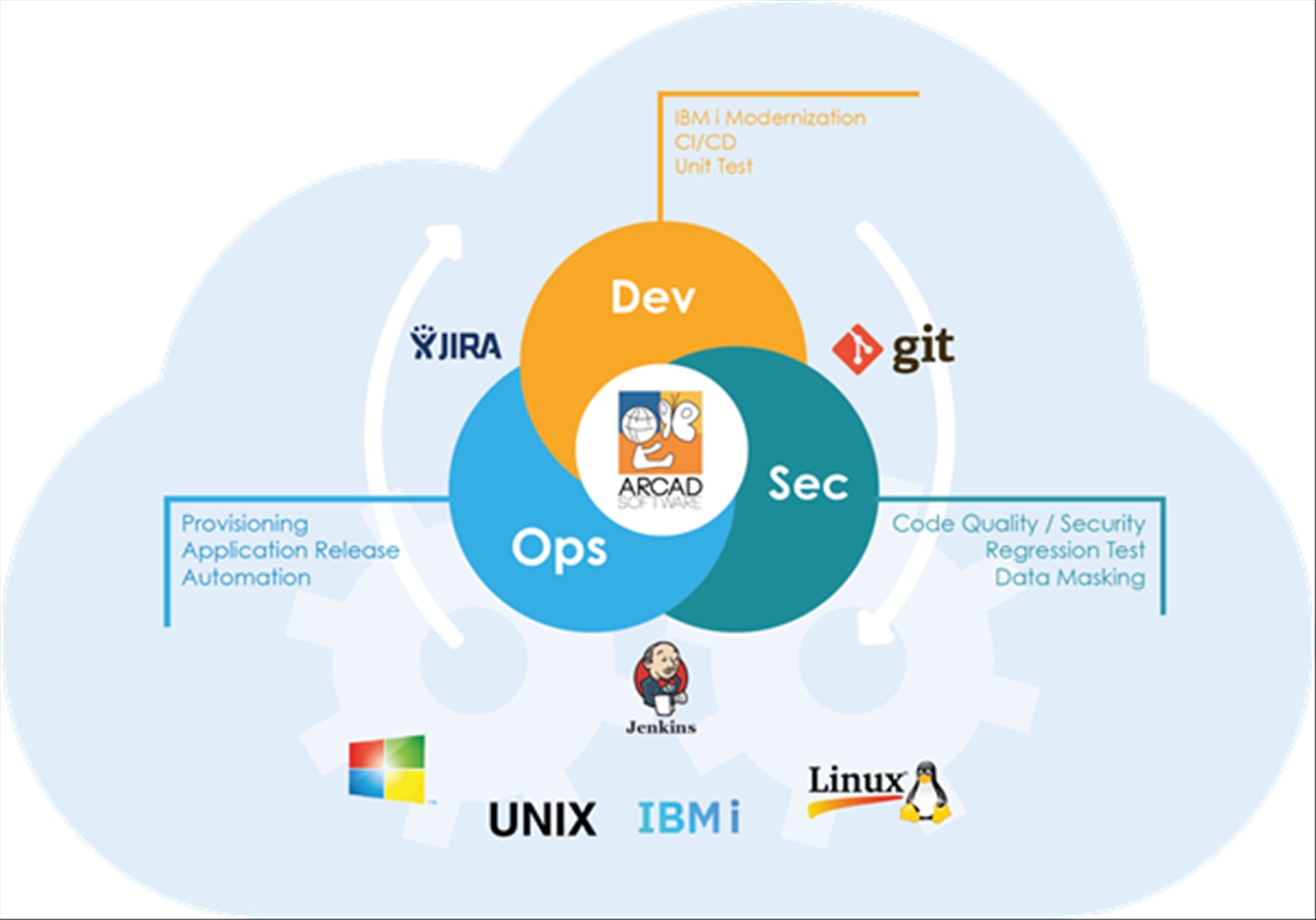
Note: This is a guest post written by Subrata Das
IBM’s legacy in the open world has been well-documented, from their work with Linux, Apache, and Eclipse in the early years of open source to more current work across all layers of the cloud stack, application development, blockchain, artificial intelligence, quantum computing, and machine learning, IBM has demonstrated a commitment to the open world throughout the duration of its 20 plus year evolution, even hosting an entire IBM i support community directly related to open source tools.
AN INTEGRATED EVOLUTION
Integration of open source tools within the IBM i system is particularly important when you consider the fact that these open source tools are necessary to link different code and languages to tie different systems together into an overarching framework. This new mix of technologies becomes crucial when adapting information systems and makes DevSecOps an essential strategy for all IT organizations, large and small.
IBM’s willingness and eagerness to integrate new open source solutions means that as new tools are integrated into the system, users will have more and more options when developing a strategy for DevSecOps on IBM i, keeping the platform alive and relevant into the future.
A NEW STANDARD
Open source tools (such as Git) have by and large become industry standards, meaning most developers are agile when faced with using them. The fact is that with the right connections, IBM i integrates seamlessly with open source tools leaving you with a coherent operation with a stable base.
The list of compatible open source tools available to IBM i users grows year by year with many users taking a diverse approach by cherry picking the ones that best suit their needs.
Using tools like the ones we’ve developed here at ARCAD bridges the gap between IBM i technology and all the benefits that open source tooling can provide – not least, a shared enterprise pipeline for application delivery, multi-platform and multi-cloud.
As the open world continues to develop and expand, IBM i has been able to adapt and make room for integrations, which is the key to their lasting legacy and to the future of the platform.





